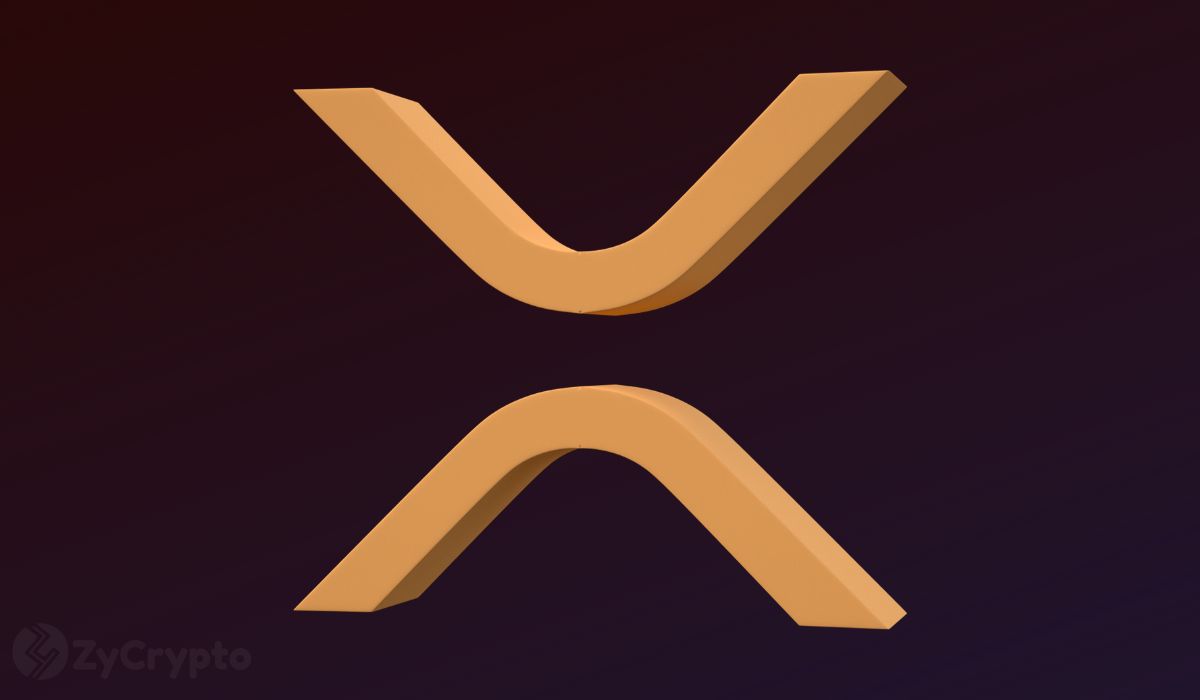XRP Lawsuit: Ripple and SEC Align on Hinman Emails As Case Takes Interesting Turn

Among what appears to be much internal division at the SEC, Ripple Labs and the U.S. Securities and Exchange Commission (SEC) seem to be on the same page regarding the Hinman Emails, a set of documents that have sparked intense debate in the ongoing legal battle between the two parties.
The emails, which shed light on the SEC’s internal discussions about the regulatory status of cryptocurrencies, have been the subject of much scrutiny and speculation. While some expected the emails to impact the SEC’s crypto policy significantly, their influence may be more limited than initially thought.
The Hinman Emails’ revelation that the SEC had previously been unsure about Ethereum’s (ETH) legal standing never resulted in any official commission-approved rules or guidelines. This implies that the agency’s earlier statements, such as those made by William Hinman, the former director of the SEC’s corporation finance division, may not be as authoritative as formal regulatory rulings. As a result, the emails may have a more subtle effect on the SEC’s crypto policy than many may have hoped.
Ripple Chief Legal Officer Stuart Alderoty nevertheless jumped on Twitter to comment: “It’s been 5 years since Bill Hinman gave his infamous speech – and through the SEC’s lawsuit against Ripple (and 7 court orders), we can finally share what happened behind the scenes through the now public emails/drafts of the speech.”
The emails offer a glimpse into the SEC’s internal conversations but do not have the same legal standing as established rules or standards. Ripple’s legal team has used the lack of official regulations governing the status of cryptocurrencies to argue that the SEC’s case against them is based on a false premise. The SEC and Ripple agreeing that the Hinman Emails had no impact may support Ripple’s claim that the agency’s enforcement efforts are unclear and inconsistent.
The emails show SEC internal discussions but don’t offer a clear position on how cryptocurrencies should be regulated. Different parties may interpret the emails and their consequences, and the court will eventually decide whether or not they are relevant to the ongoing case.
One can question the SEC’s motives and argue that the agency’s actions might be influenced by things other than clear regulations, such as safeguarding the interests of conventional financial institutions. The emails have intensified the existing discussion about how the SEC regulates the cryptocurrency market and raised questions about its consistency and potential effects on innovation.
While the alignment between Ripple and the SEC on the limited significance of the Hinman Emails may not bring about a dramatic shift in the agency’s crypto policy, it adds an interesting dimension to the legal battle between the two parties. Even if the emails reveal the SEC’s internal deliberations, they could not carry the same legal weight or have the same impact as some had wished.
The current legal dispute between Ripple and the SEC has already triggered discussions regarding the broader consequences for the cryptocurrency sector. The outcome of this lawsuit and the way the court interprets the Hinman Emails may have significant repercussions for the regulatory environment. The court’s ruling will greatly influence future cryptocurrency regulatory guidelines in the Ripple case. It’s also likely that other legislative and regulatory organizations will be influenced by the conclusion and change how they operate.